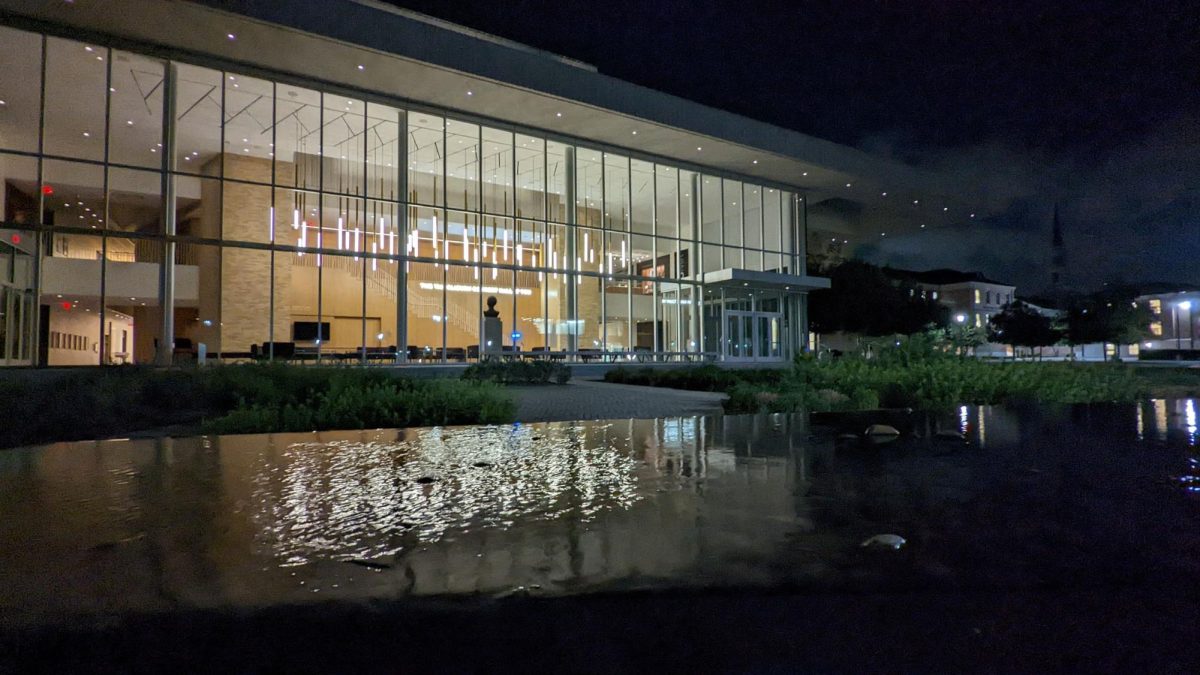The Court Appointed Special Advocates (CASA) program in Tarrant County is hosting its third annual Superhero Run fundraiser on Oct. 29 to support children in foster care who have a history of abuse and neglect, according to a press release.
CASA is a national program that recruits and trains volunteers to speak up for the needs of children in court until the children can be placed in permanent homes, according to the national CASA website.
The program is vital in Tarrant County because, in 2015, the county had the second highest rate of confirmed cases of child abuse or neglect in Texas, according to the press release.
Superhero Run
In support of CASA, more than 750 people dressed in capes and masks are expected to participate in this year’s Superhero Run fundraiser, according to the press release.
The festivities will begin with a costume contest at 7 a.m. in the Levitt Pavilion on 100 W. Abram St. in Arlington.
Live entertainment, a “Puppy Power Pavilion for Canine Superheroes” and special superhero appearances will mark this year’s Superhero Run.
The map below shows the 5-kilometer path participants can walk or run, which will start and finish at 100 W. Abram St.

The prices of tickets for the 5K and one-mile fun run can be found on the event’s registration page.
In 2015, the Superhero Run raised $30,000, which helped CASA serve about 20 children in Tarrant County, wrote Caitlyn Ussery, volunteer coordinator for CASA.
CASA Volunteers
Inspiring the theme of the Superhero Run, the real “superheroes” are CASA volunteers who commit at least a year to the program to work on one or two cases.

One of those volunteers is Kathy Coleman, 60, a retired math professor at TCU with a long background in volunteer work.
She is in her first year as a CASA advocate and has taken on two ongoing cases.
In one of her cases, children were found alone and living in a vehicle in December.
Coleman said her job as a CASA is to bond with the children and act as a fact-finder for the judge. She also works as an independent advocate for the children in the courtroom.
Remaining objective is what Alexis Nguyen, 43, finds most difficult and crucial to a CASA’s duties in a case.

“We don’t want to be biased against them,” Nguyen said. “We want to make sure that our interests are in the right place.”
Nguyen is in her second year as a CASA. As an emergency medicine physician and a mother of two, she is only taking on one case.
Unlike Coleman’s case, Nguyen’s case is in its final stage of monitoring.
Two children have been returned to their biological mother after the mother met all the requirements the court set forth for her, Nguyen said.
Nguyen said returning the children to their biological parents is the best case scenario. In her case, the elder of the two children wanted to return to his mother.
“I hope that through our help, that we can continue that relationship between him and his mother,” Nguyen said. “Clearly he loves her very much.”
Besides advocating in court for the children’s best interests, CASAs, like Nguyen and Coleman, look out for the needs of the children.
One of the needs Coleman pinpoints is education.
Coleman said she arranged for a tutoring organization called Friends of Wednesday’s Child to give special education attention to the children in her case. She said child protective services workers could not attend to all the needs of a child in foster care because of their limited time.
“It’s the CASA’s responsibility to see to things like this because frankly the CPS workers are overwhelmed and overworked,” Coleman said.
CASA in Tarrant County
With federal funding and private donations, 368 CASA volunteers of Tarrant County were able to serve 880 children in foster care last year, according to the press release.
But Tarrant County still houses more than 200 children in foster care who are waiting for a CASA to advocate for them, according to the county’s CASA website.
Nguyen said the fact that there are more than 200 children waiting for CASA advocates in Tarrant County drives her to take on more cases in the future.
“I think it’s very important work, that we are here for the children of Tarrant County,” Nguyen said.
Coleman said she looks forward to a time when the children she is serving can be independent.
“And won’t that be great?” Coleman asked. “When they don’t need a CASA anymore.”
CASA of Tarrant County is one of nearly 1,000 community programs in the U.S., according to the national CASA website.
In 1977, the idea of CASA volunteers began with a Seattle juvenile court judge who saw a need for more informed decisions about children’s lives in court.
CASA was brought to Tarrant County in 1983 through the combined efforts of child protective services, legal representation and volunteers, according to the county’s CASA website.





